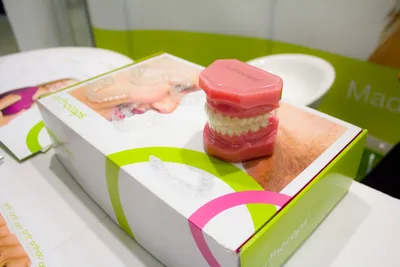
Building Confidence with Denture-Friendly Speech
Adjusting to dentures can initially alter how you speak, but with practice, you can regain your clarity. Begin by speaking slowly and reciting difficult words or phrases. Reading aloud can also help improve your speech and build muscle memory. Moreover, practice consistent conversations with a trusted friend or family member to gain feedback.
Exercises to Improve Speech
Try tongue twisters which can significantly help in coordinating your tongue with your dentures. Additionally, repeating words that start with 's' or 'sh' sounds will aid in improving your pronunciation.
Enjoying Meals Without Worry
Eating unfamiliar foods can be daunting with dentures. Start with softer foods and gradually progress to chewier textures as your comfort increases. Chew slowly and evenly on both sides to maintain balance and practice control. Avoid sticky or overly hard items to prevent dislodging your dentures.
Ideal Foods for New Denture Wearers
Foods like scrambled eggs, mashed potatoes, and steamed fish are excellent starting points. As you grow more comfortable, you can introduce tender meats and crunchy vegetables back into your diet.
Smiling with Confidence
Your smile is one of the most valuable assets, and dentures should not suppress it. Practicing smiling in front of a mirror helps you become comfortable with your new appearance. Ensure your dentures fit correctly to avoid slipping while smiling.
The Importance of Regular Check-Ups
Regular dental visits are crucial to maintain the proper fit of your dentures. Adjustments may be necessary to prevent slippage or discomfort, ultimately enhancing your confidence.
Conclusion
Regaining self-assurance with your dentures involves practice and patience. Focusing on your speech, eating habits, and smile can significantly improve your overall denture experience and allow you to live confidently.
Popular Dental Implant Articles
Check out our most popular articles on dental implants and dentures, trusted by our readers for reliable information.



